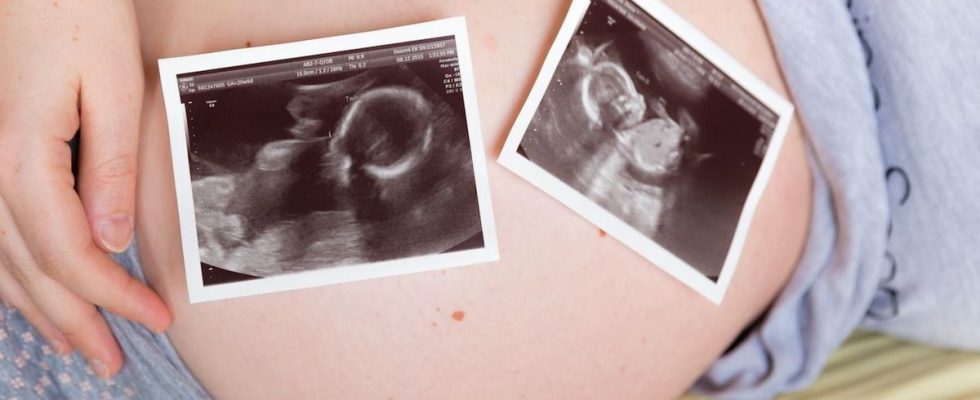Published on
Updated
Reading 1 min.
in collaboration with
Dr Ghada Hatem (Gynecologist)
Medical validation:
January 17, 2024
It is an idea that persists: the first to be born would be the first to be formed in the mother’s womb. An obsolete belief? Dr Ghada Hatem, gynecologist, lifts the veil on the subject.
Expecting twins can raise several questions, notably that of the place of “wool“In other words, the first to be formed. How, precisely, can we know who is the first to have been”created“? To find out, we asked Dr Ghada Hatem, obstetrician-gynecologist.
Monozygotic or heterozygous twins?
If French law is clear, it says that the first child born is the eldest, including during a twin birth by cesarean section, we do not however know which child was the first to be formed.
The conception of the twins then deserves to be observed more closely.
- If they are monozygotic twins, this means that they came from the same egg (identical twins). In other words, from the same egg and the same sperm. From a scientific point of view one is therefore not more senior than the other;
- If they are heterozygous twins (fraternal twins), they come from two different eggs, fertilized by two sperm.
On this subject, Dr Ghada Hatem is clear:
“Twins are made at the same time. As for the first one to come out, it is only the one located at the bottom of the uterus“, she assures.
Twin pregnancy: what follow-up?
Twin pregnancies are considered high-risk pregnancies. They therefore require greater follow-up, carried out monthly with the midwife and/or obstetrician-gynecologist.
Mothers are therefore at increased risk of:
- Gestational Diabetes ;
- Cardiovascular complications;
- Anemia;
- Hypertension;
- Preeclampsia.
Babies, for their part, risk:
- Prematurity;
- Intrauterine growth retardation (IUGR), because the fetuses share the same placental resources (especially in the case of a monochorionic pregnancy);
- An increased risk of perinatal mortality;
- A transfusion-transfusion syndrome, when one baby receives too much blood and the other not enough.
Depending on the complications, appropriate precautions are taken, in consultation with various specialists (obstetrician, pediatrician, cardiologist, hemobiologist, etc.).
But today, progress makes it possible to carry out your pregnancy without problem as long as you benefit from regular monitoring.
